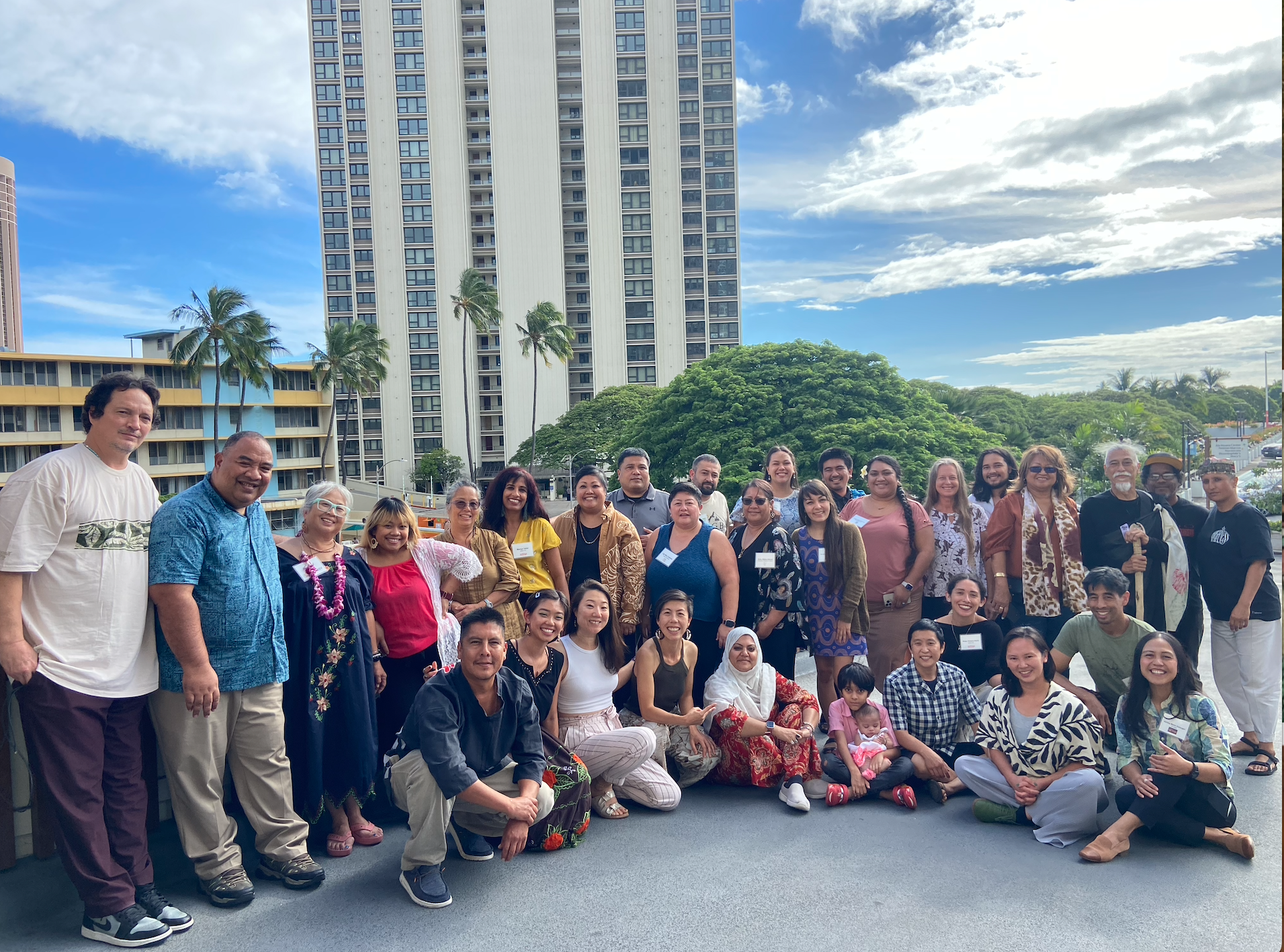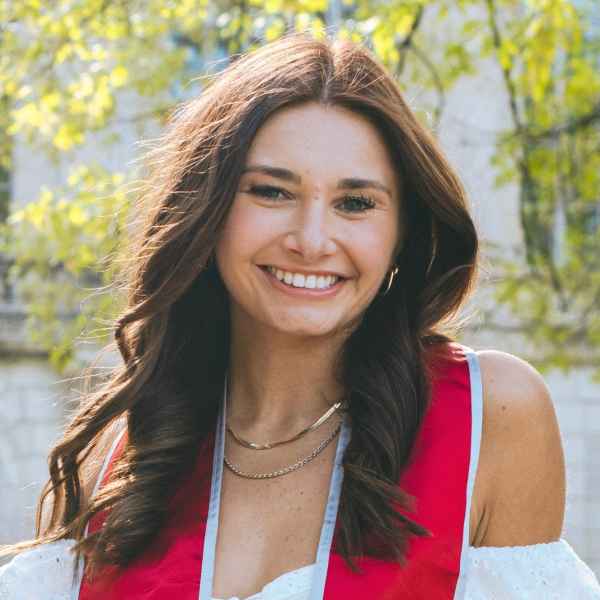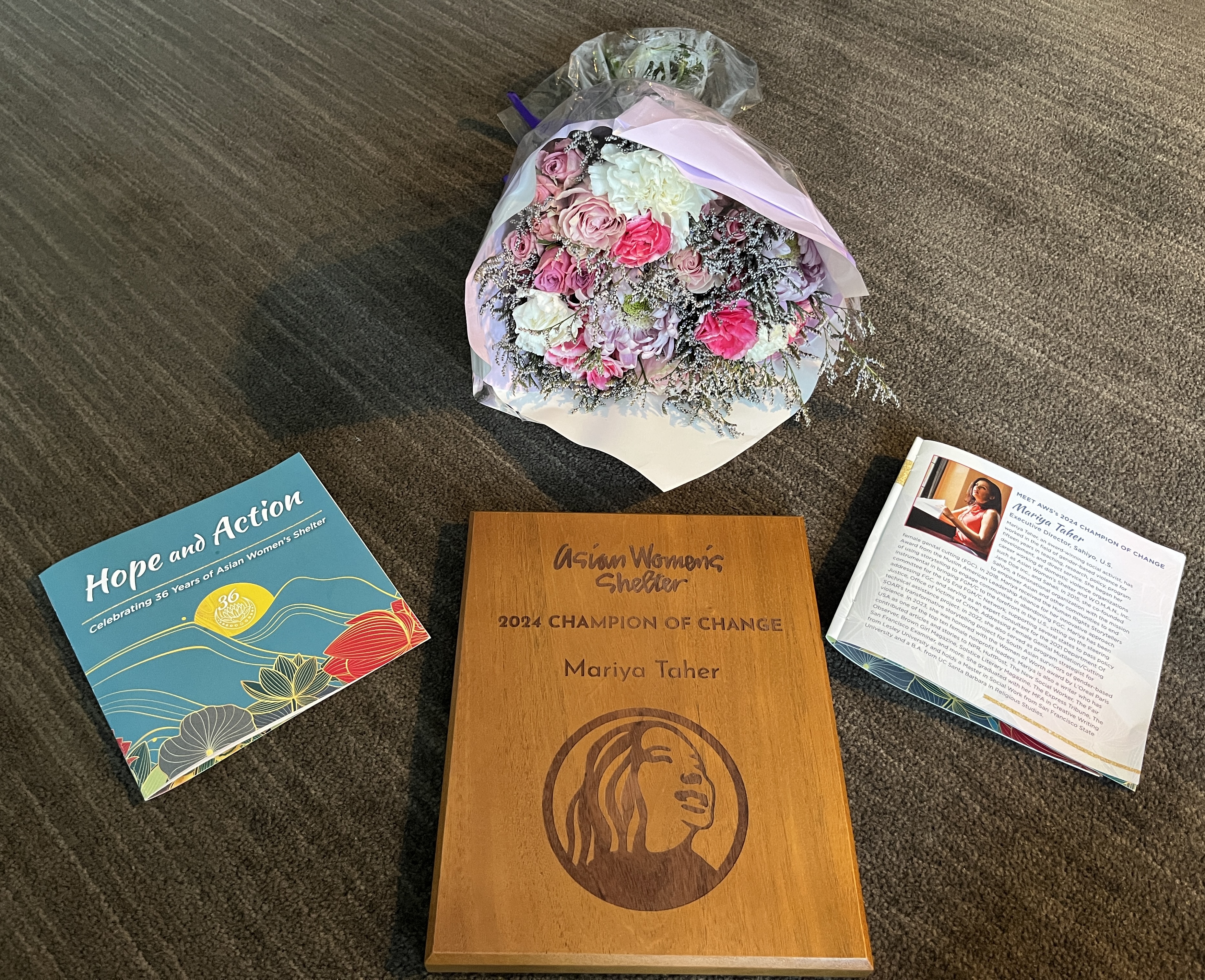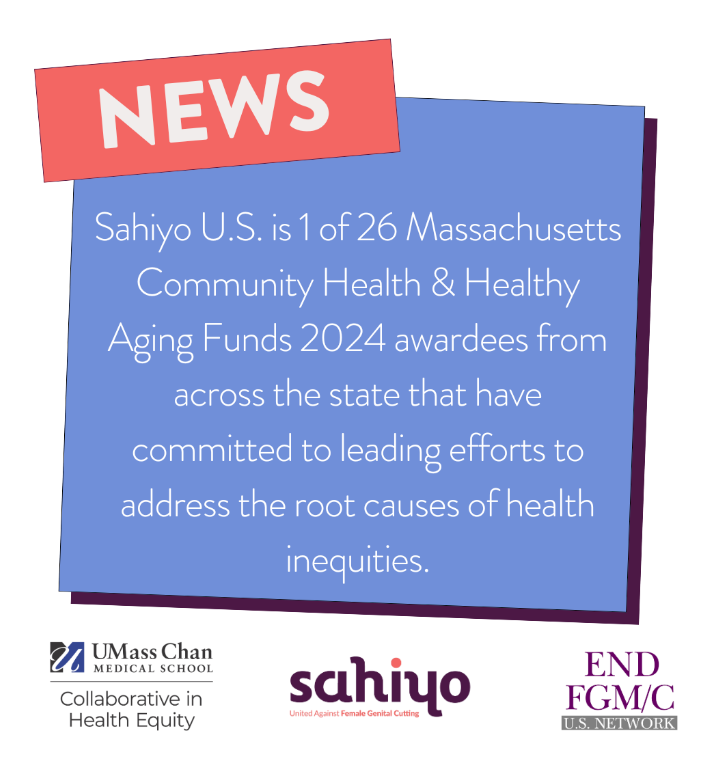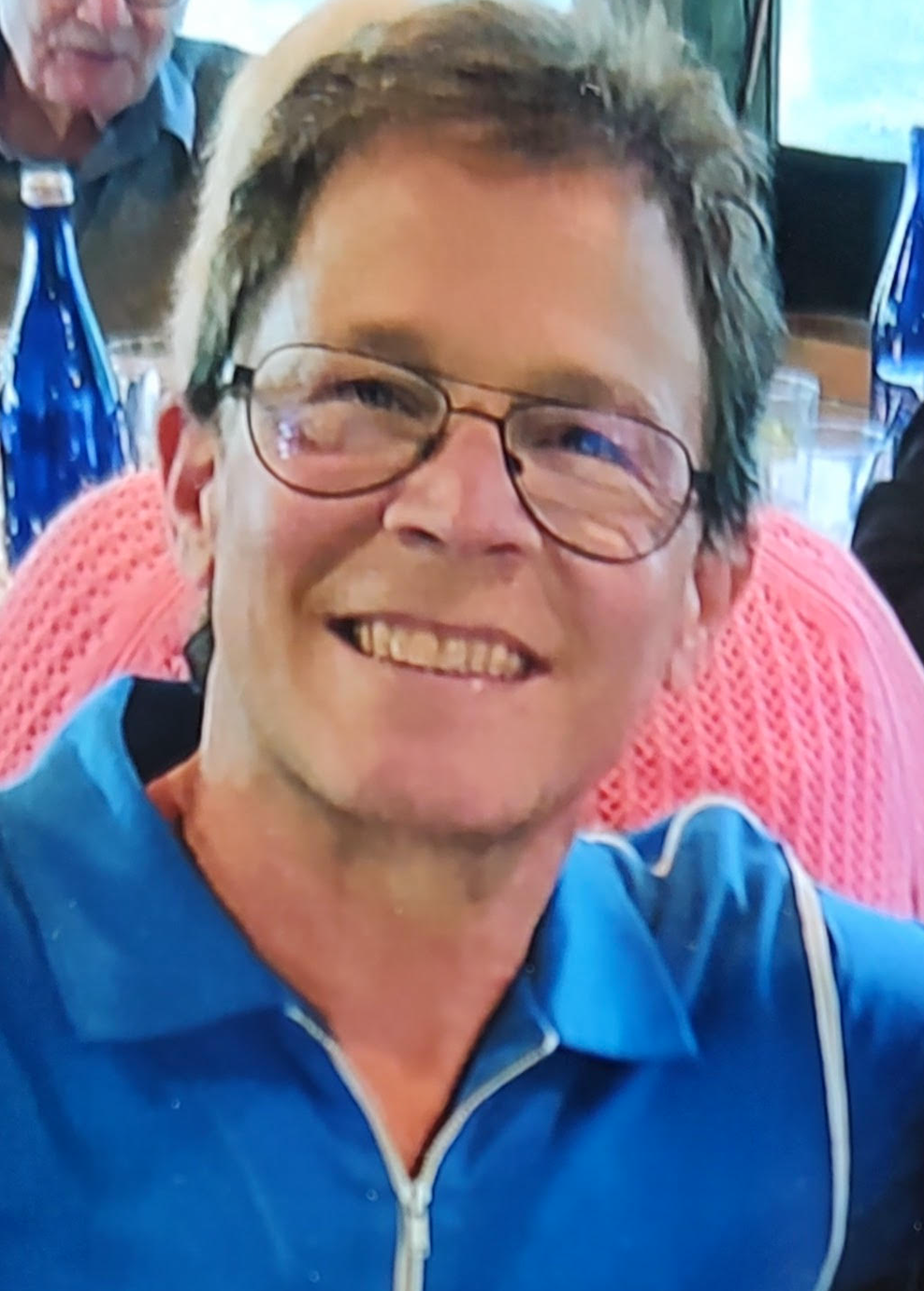Brad Mazon, PhD, is a Bhaiyo volunteer, nonprofit consultant, husband, father, and an advocate against female genital mutilation/cutting worldwide.
When and how did your involvement with Sahiyo first begin?
My involvement first began I would say two or so years ago when I found Sahiyo on social media. I became actively engaged when I donated to the annual International Women's Day fundraiser and Comedy Show.
But I’ve been involved with the issue of FGM since 1988 when I was an intern at the U.S. State Department in Somalia. I have come in and out of working on the issue, through various organizations, so when Sahiyo and the Bhaiyo program came onto my radar about two years ago, I became a donor and have remained involved ever since.
Why did you decide to donate to Bhaiyo, Sahiyo’s male engagement program?
My time working in Somalia and my upbringing really influenced my decision to donate. I attended a conference in Mogadishu, Somalia. It was all women who had been impacted by FGM. This event made a huge impression on me because a lot of the women I met with reminded me of my mother.
I was raised by a single mother and I have always been in awe of her strength and resilience. It was the same strength and resilience that I saw in women I met at the conference.
I realized very quickly that had my mother been in a situation where she was cut, she likely would have never been able to provide for me and for my family the way she did. I began to understand how FGM impacts women not just physically but also psychologically and socially. It wasn’t that these women weren’t as smart or as motivated as my mother was – it was that the opportunities to thrive had been taken from them by the patriarchy that surrounded them.
I also understand that the impacts of FGM are different in different contexts. Being cut in Somalia may be different from being cut in the American Midwest, but…being cut anywhere is a violation of women's autonomy and an act of patriarchy.
Why do you feel it’s so important to support male engagement and voices within the movement to end FGM/C?
There's no sex that's greater than the other. I believe that I am an anti-patriarchy and feminist man. At the end of the day, as I have gotten older and have become a father and now a grandfather to a little girl, I have realized – and certainly living in America right now – how strong the patriarchy is on so many things.
I resent in my heart, mind, and soul that men think that they have some sort of power over women. I wanted to do something as a man, coming from a male perspective that could combat that false narrative.
That's why Bhaiyo was so exciting to me. On my first call with the group, it was with men from around the world who were doing the frontline work of going into villages and speaking to people about the dangers of FGM [and] of what it could do to their little girls. I was thrilled to be a part of that work through donating.
But at the same time, I was very mindful, and still am, of my white privilege and also my Western privilege in the same sense. And when I say privilege, I mean it in a structural and economic way, because I know there is beauty, wisdom, and knowledge in Africa and Asia. I wanted to be mindful of that as I engaged in conversations with these male activists who I have great respect for.
But I also wanted them to be mindful that while it’s important for men to be in the conversation, women still need to be supported to speak out at an equal level. We can do that in many ways, big and small. I’ve started changing the hashtag I use in posts from #menendFGM to #menandwomenendFGM. What I’m trying to say here is that while it’s great that we’ve got men involved, let's not do it in a way that pushes women out.
How would you like to see Bhaiyo and Sahiyo grow?
I think in terms of Bhaiyo, the main thing we need is more men involved. I’ve tried to do this in my circles by sharing the survey on my Linkedin and with various people in my life. I’m always shocked at how many men aren't involved.
I also feel like we need to make FGM more well-known in the U.S. through any means necessary. We need some celebrity to get men fired up about this. Or even more high-level people in our government talking about FGM.
But I’m also under no illusions that I’m doing the hard work. I know those gentlemen on the frontlines going from village to village spreading this message who are the ones pushing this work, and they have my full support and respect. I also know that getting this issue into the rooms of power in the U.S. and the world beyond is key to this movement, and we can do that by talking about FGM loudly.
Why do you think others should donate to Sahiyo?
I think more people should donate to Sahiyo because people don’t realize that FGM is an issue that has a tremendous impact on the world. It's shocking to me how FGM is such a quiet menace not only to survivors but also to men who are affected by it – with their wives and sexual pleasure – or the ability to have children. I'm just surprised how it's a form of violence, yet it's one that seemingly the world is not comfortable talking about publicly.
I also want people to understand that FGM is a form of domestic violence. In the same way that we talk about abuse and other harms against women, FGM needs to be included in those conversations. And we can only do that by educating more people about the topic.
Most importantly, I want people to know that FGM is an issue that could affect them too. I have a little granddaughter and just the thought of her being cut or hurt forces me into action against this harm. I know that every man has either a mother, sister, wife, daughter, family member, or friend who could be at risk of this. That right there should be enough to get involved.

